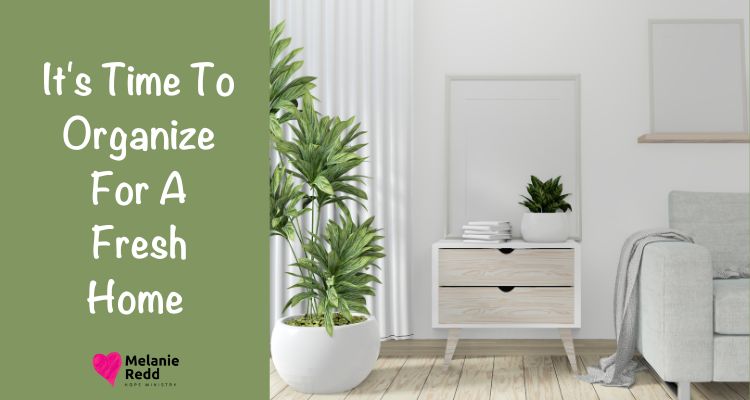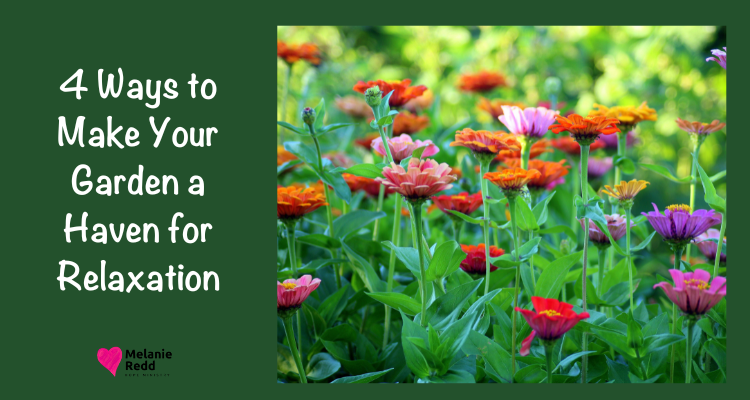Backyard Gardening.
Creating a healthy backyard garden requires a bit of planning and preparation.
Indeed, there are some important elements to consider.
These include the environment, the types of plants you want to grow, the types of maintenance, and pest-eliminating factors.
Without any ado, let’s dissect each of these individual elements:
First, in backyard gardening, determine the healthiness of your backyard soil.
Before you start taking any action, you should first determine if the soil in your background is adequately healthy to support the growth of plants.
High amounts of nutrients are needed, and the best way to know this is by observing underground insect activity.
Earthworms tend to dwell beneath the soil that can offer them a sufficient quantity of nutrients, for example.
Even if the soil’s quality is below average, there are several ways to improve it.
The first and arguably the easiest method to do so is by adding organic compost.
Mulching its surface and adding animal manure to fertilize it is also highly efficient methods.
Next, in backyard gardening, consider the size of your garden.
One of the first steps to designing a backyard garden is measuring how much space it will occupy.
It’s usually better to plan and leave more room than you think it needs.
Also, this will allow you to upgrade your garden with additional plants in the future.
Observe the sunny and shaded spots.
Some plants need more sunlight while other types need a bare minimum. (Some plants run the risk of dying if exposed to too much heat).
Take the typical passageways of your backyard into consideration. Also, you should allow any visitors and family members to pass by your garden instead of walking through it.
If you have a small space, you can still grow various plants using container gardening. Egg cartons are a great container option, as they are small and easily repurposed. Simply fill each egg compartment with soil and plant your seeds or seedlings.
Once your plants have grown large enough, you can transfer them to larger containers or directly into the ground. With egg carton container gardening, you can enjoy fresh herbs, vegetables, and even flowers, no matter how small your backyard may be.
Third, in backyard gardening, consider overall the overall environment.
Sub-factors such as temperature and humidity play important roles in the development of any garden.
Only a small portion of plants can survive extreme environments.
Hopefully, there are ways to bring balance to your garden with relatively inexpensive and simple tools.
Humidity
Humid conditions are generally detrimental to the growth of all plants, as mold is more likely to grow, which eats away at plants and crops.
Most garden pests thrive in humid conditions, especially ground insects.
The best way to grow healthy plants in humid environments is to keep the soil dryer than usual and to never over-water your plants.
Also, go with humid-friendly plants, such as eggplants, pole beans, watermelons, or cucumbers.
Low humidity is a bit easier to tackle.
Watering the plants more frequently and keeping the soil adequately wet almost always does the trick.
Heat/Cold
Growing anything apart from certain kinds of succulents in arid climates and environments is almost impossible.
Plants require sunlight and water to grow healthy, but too much of either of the two will inevitably kill them.
Finding the right position for your garden is nearly half of the job.
Certain plants can handle high temperatures and heat with ease.
Also, they should be positioned along the rows that benefit from the highest sunlight exposure.
Keep the weaker plants sheltered in shades when the sun is burning the brightest. Also, make sure they can get their fill during mornings and afternoons.
Extreme colds can be quite problematic as well.
Avoid planting tender plants if you haven’t already; if you have, relocate them near your home’s walls or large trees.
This way they’ll be able to absorb some heat, which will help them get through the wintertime.
Consider putting up a greenhouse
Greenhouses offer substantially more control over temperature and humidity, although they’re costly to maintain and set up.
Greenhouses can also be leaned on your home’s walls if space is an issue.
However, you may need to get a permit to build one in the first place.
On another hand, having a greenhouse garden ensures that your plants will have as much sunlight as possible.
Try to avoid being in danger of high/low humidity or scorching/freezing temperatures.
Fourth, in backyard gardening, choose your plants.
In essence, you can grow almost any kind of plant in your backyard.
If you don’t mind putting in the effort, you can increase their resistance to heat, cold, humidity, pests, and diseases.
For example, parsley, lettuce, and most Asian greens are fairly resistant to diseases. But they should be kept in shade for most of the day (require at most four hours of sunlight a day).
Beets, carrots, potatoes, broccoli, and turnips are much easier to grow in almost any climate and environment.
While resistant to colder temperatures, peppers, tomatoes, and strawberries still need a lot of sunlight time. These plants will need between six and eight hours a day).
The shortcomings of any plant can be mitigated by growing beneficial ‘companion’ plants that would support their growth.
Finally, in backyard gardening, deal with insects and pests.
Under the presumption that you’ve chosen the right place for the right plants, there’s still the issue of garden pests.
Essentially, the best way to deter almost all pests is to keep your plants healthy and fresh.
Truly, neglected, unhealthy plants are substantially more attractive to pests than healthy ones.
Even so, there’s still a chance that pests will migrate to your backyard garden if they never managed to find a sustainable source of food elsewhere.
The first step to fighting any type of garden pest is identification.
Some pests can be handpicked; some can be power-washed; most can be eliminated with organic pesticides.
Chemicals will harm even the hardiest plants, so don’t resort to chemical pesticides unless you’re facing a major infestation.
If organic pesticides and traps aren’t killing the pests faster than they breed, you may want to consider attracting predator pests.
These are carnivorous insects, birds, and animals that won’t harm your garden. However, they will hunt down insects and rodents.
An easy way to deter garden pests is to have a pet cat or dog patrol your backyard. Pests are well aware of the presence of potential predators, and cats in particular excel at hunting them.
Certain plants, especially flowers, can attract pests that aren’t particularly dangerous to them – but they are to humans.
Mosquitos, for instance, are generally attracted by watery surfaces and soils.
Consider hanging a bug zapper/insect attractor somewhere in your backyard to get rid of potential mosquito infestations.
Closing Thoughts about Backyard Gardening.
We hope that this brief rundown was useful to you and that you have learned something new on key factors that should be considered when doing backyard gardening.
Make sure you are staying safe in these times we are all going through and have a good one, guys!
Were you encouraged by what you read?
Then, would you share this article with a friend, co-worker, or family member?
Or, maybe you can send it to a friend or family member?
This blog occasionally uses affiliate links and may contain affiliate links. Additionally, Melanie Redd is a participant in the Amazon Services LLC Associates Program. This is an affiliate advertising program designed to provide a means for sites to earn advertising fees. These are earned by advertising and linking to amazon.com. Also, for more on my disclosure policy, click HERE.
© Melanie Redd and Hope Ministry, 2022. Unauthorized use and/or duplication of this material without express and written permission from this blog’s author and/or owner is strictly prohibited. Further, excerpts and links may be used, provided that full and clear credit is given to Melanie Redd and Hope Ministry, LLC. Please give appropriate and specific directions to the original content.



0 Comments